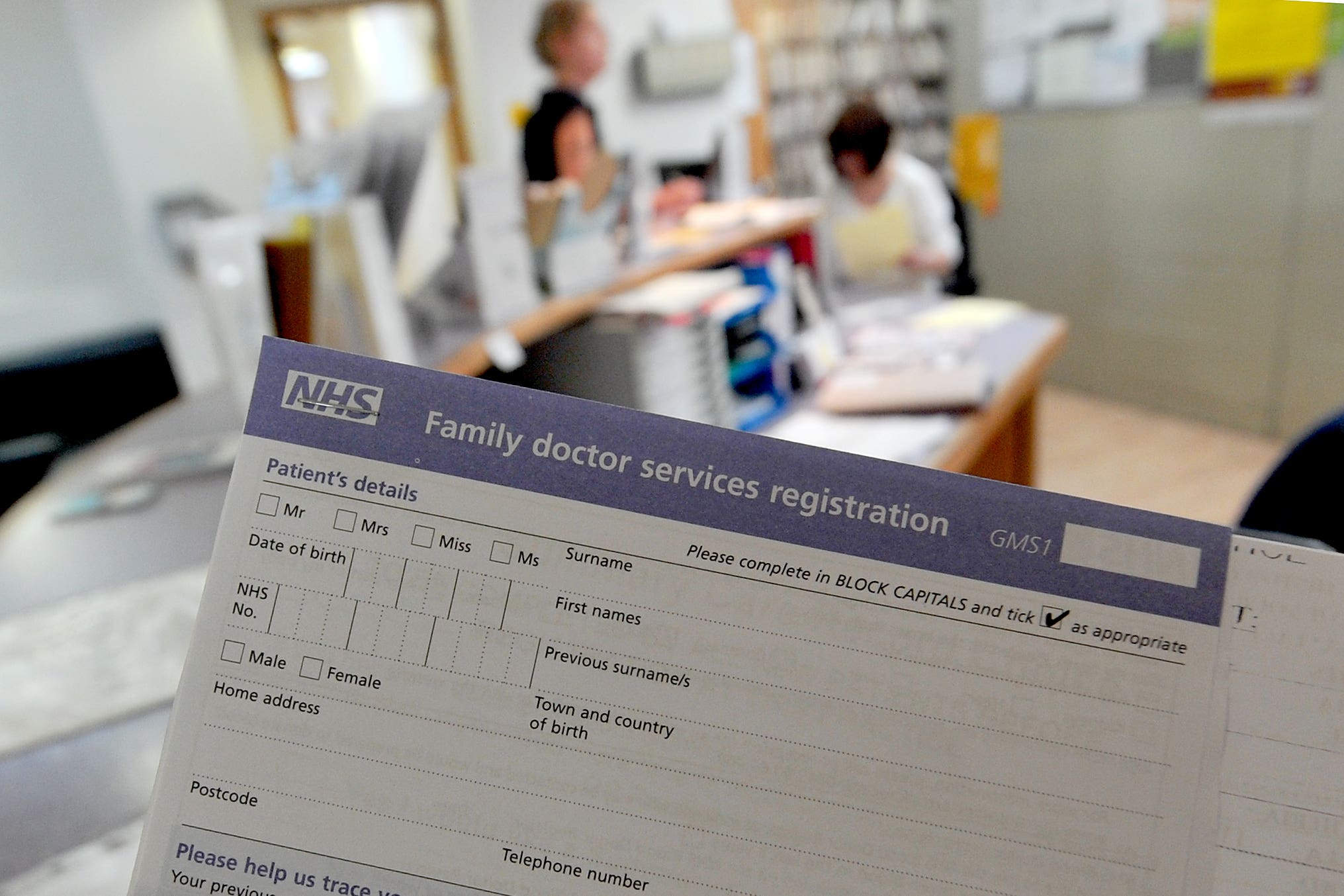GPs say practices are ‘not an unlimited resource to be abused’
It comes after a poll found some practices had to stop taking bookings for routine appointments due to staffing issues and rising demand.

GP practices are not “an unlimited resource to be abused” in the Government’s bid to tackle secondary care waiting lists, with practitioners also telling a new poll that “patients do not value the service”.
It comes after a survey of 408 GPs for Pulse magazine found 30% had to stop taking bookings for routine appointments between June 2022 and June 2023.
Doctors told Pulse this was down to staff shortages and rising demand in general practice.
Some also said cancellations resulted in abuse from patients.
New regulations came into force in May that stopped GP practices from asking patients to contact them at a later date. They must now be assessed the first time they get in contact, or sent in the direction of other appropriate services.
A GP from Wiltshire, who wished to remain anonymous, told Pulse her practice is “incredibly busy, as busy as winter almost, and generally can only offer routine appointments in two weeks’ time”.
GPs want to do the very best we can for all our patients and will only cancel routine appointments as a last resort, but the truth is that we cannot work any harder
According to figures published by NHS Digital last month, 29.7 million appointments were estimated to have been recorded on GP practice appointment systems in June.
Of the total, 46.8% were carried out by a GP and 20.7% were carried out by nurses, while 69.0% were fulfilled face-to-face.
GP Dr Zishan Syed said there is an “expectation” for “face-to-face everything”. He added: “Hospitals are exempted for some bizarre reason, but they need to be doing better.”
On Thursday, figures published by NHS England revealed waiting lists reached a new record high of 7.6 million at the end of June.
Dr Syed said: “All the Government cares about is reducing secondary care waiting lists. GPs are seen as an unlimited resource to be abused to achieve this and patients do not value the service.
“They will tolerate telephone appointments from hospital where bloods are not done and scripts not signed and expect GPs to pick up this work for free.”
Professor Kamila Hawthorne, chair of the Royal College of GPs, said the Pulse survey “makes for sad, but unsurprising, reading”.
“GPs want to do the very best we can for all our patients and will only cancel routine appointments as a last resort, but the truth is that we cannot work any harder,” she added.
“We share our patients’ frustration and distress when they struggle to access our care. We are delivering more appointments overall compared with before the pandemic, yet we have nearly 970 fewer full-time fully qualified GPs compared with 2019 and there is not the supply to meet the demand.
“The current pressures in general practice are not the fault of hardworking GPs and their teams but have been created by years of underfunding and poor workforce planning in our family doctor service.
“GP teams handle most NHS patient contacts, and in doing so alleviate pressure across the NHS, including in A&E. But for this to work, general practice must be properly resourced and properly staffed – and currently that is not the case.”
Prof Hawthorne called for “urgent, significant investment” from the Government to retain GPs on top of its plans to train more medical staff as outlined in its NHS Workforce Plan.
She also said steps must be taken to “cut bureaucracy so that GPs have more time to deliver care to the growing numbers of patients who need it”.
A Department of Health and Social Care spokesperson said the survey is “misleading”.
“The survey used a small sample and fewer than 2% of all general practices said they had to stop routine appointments at any point during the last year.
“There are more than 2,000 additional doctors in general practice compared with June 2019, we hit our target of 26,000 additional direct patient care staff a year early, have record numbers of trainee GPs and there are more appointments available.
“Violence or abuse of any kind is unacceptable and this government has doubled the maximum sentence for those convicted of assaulting frontline health workers.”
Bookmark popover
Removed from bookmarks